Herbal Medicine
About Herbal Medicine
Herbal Medicine, put simply, is the use of plants as medicines, whereas conventional medicine uses pharmaceutical drugs (single compounds or small groups of compounds) as medicines. Any plant with healing or therapeutic properties, including grasses, cooking herbs, shrubs, bushes, trees, and seaweeds, are medicinal herbs. Fungi are also employed in herbal medicine.
Because of the thousands of chemicals medicinal plants contain - chamomile has over 30,000 identified constituents - and the interactions between those chemicals in the plant, the body, and with other plants one may be taking, the complexity of botanical remedies is staggering. Used by a trained herbalist, herbs offer flexibility and great subtly of action, allowing the practitioner to select a plant or combination of plants that precisely suits the patient.
As a rule, herbal medicines act to improve and support the body’s own functions, correct imbalances, and bring rhythm to body cycles. They generally do not bend the body to their will. Therefore, herbal medicines are exceptionally good for resolving the root causes of complicated conditions, and they work very well in tandem with conventional medications, often increasing the efficacy whilst minimising side effects.
Diseases that botanical medicines are used for around the world include communicable illnesses, chronic conditions, auto-immune disorders, widespread endocrine syndromes, hormonal imbalances, mood problems, and both physical and emotional trauma. Additionally, in western countries, those seeking help with fertility, pregnancy and birth, children, adolescence, menopause or andropause, support through cancer treatment, and other changes of life often call on herbalists for assistance.
Medical Herbalists
Herbalists are practitioners of herbal, or botanical, medicine. They undergo rigorous training both in the lecture hall and the clinic, studying anatomy, physiology, pathophysiology - disease, and the properties of a great many medicinal herbs and the many ways one can use them. Pharmacy - the preparation of medicine - is also something herbalists learn and many choose to make their own remedies, either from plants they harvest or grow themselves, or products that they buy. In the clinic, herbalists learn the fine arts of history taking and examination, and differential diagnosis, or how to decided what conditions the patient is suffering from.
Consultations include a detailed history and any relevant examinations such as taking the blood pressure, testing reflexes, examining skin or palpating the abdomen. Based on what the patient says and their observations, most herbalists will then prescribe some dietary and/or lifestyle changes, and then some herbs. Often, the herbal prescription will need to be collected later in the day or the following day to allow for dispensing. First appointments last an hour with subsequent ones taking approximately half an hour.
Herbal Remedies
Preparations
There are many ways that medicinal plants can be prepared as medicines. Some work best externally like ointments and creams, and other are best ingested like teas and tinctures.
Taking Herbs
There are different ways to take herbal medicine. It is vital that you take your medicines only as directed in the amount specified. The instructions given here are intended as general guides only.
Aromatherapy
Aromatherapy is the therapeutic use of essential oils, the aromatic principles of plants, as smelled from a crushed mint leaf or a lavender blossom rolled between the fingers.
Home Remedies
Aside from prescribed medicine, there are many things that one can do at home to help things along. Here is a small collection of instructions for time-honoured home remedies.
Patients and Conditions
Herbalists see people of all ages: babies, toddlers, children, adolescents, adults, and elderly persons. Herbalists, and indeed virtually all medical practitioners outside orthodox medicine, are legally prohibited in the UK from making medical claims - verifiable or not - about the efficacy of their treatments in their advertising and materials. This prohibition includes statements of fact which may be construed as claims. If you have a condition or questions about herbal medicine, please contact Joseph for more information.
Appointments
Due to Covid-19 all appointments are taking place remotely, by phone or video call. You can book appointments online or by getting in touch with Joseph directly. If you have any questions please don’t hesitate to get in touch.






